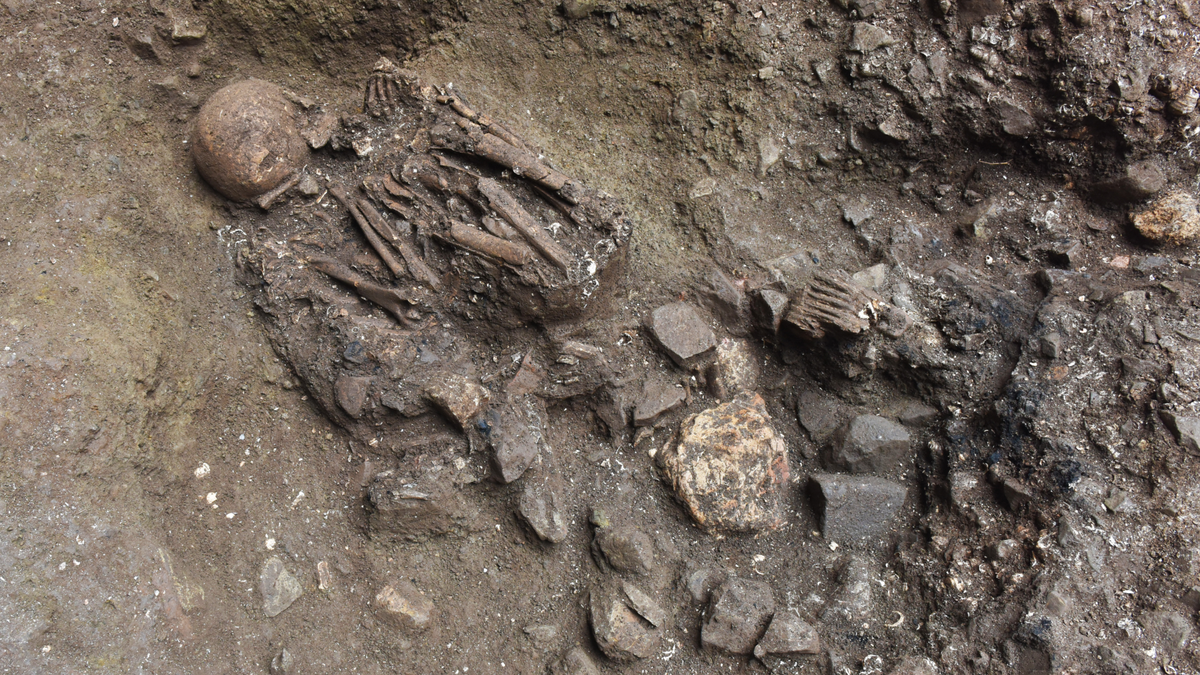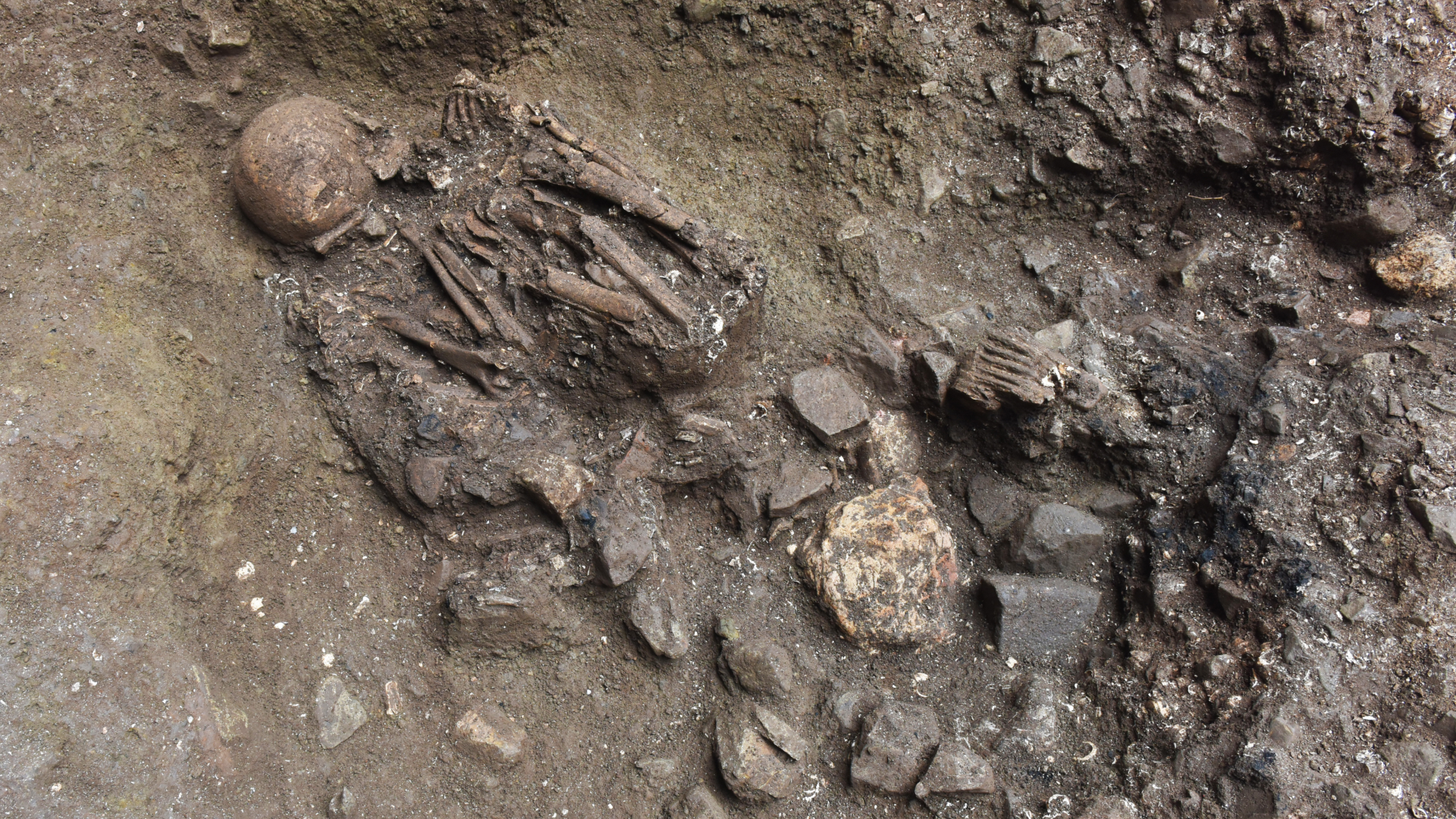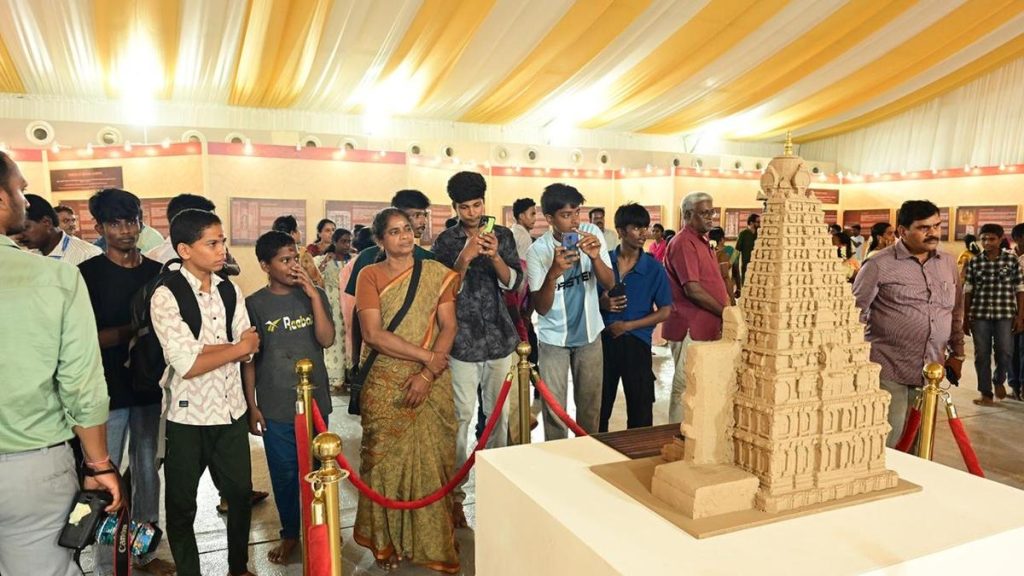Now Reading: DNA Study Uncovers ‘Ghost’ Lineage Linked to Ancient Tibetan Population
-
01
DNA Study Uncovers ‘Ghost’ Lineage Linked to Ancient Tibetan Population
DNA Study Uncovers ‘Ghost’ Lineage Linked to Ancient Tibetan Population

Quick Summary
- Archaeologists in China discovered a 7,100-year-old skeleton named Xingyi_EN at the Xingyi archaeological site in Yunnan Province.
- DNA analysis revealed a “ghost” lineage associated with tibetans that scientists had previously inferred but not directly observed.
- this lineage, named the Basal Asian Xingyi lineage, diverged from other humans at least 40,000 years ago and remained isolated for millennia without interbreeding until mixing occurred later with East Asians.
- Genetic evidence suggests this ancient population left traces in Tibetan ancestry today.
- Researchers caution these findings are based on genetic data from just one individual, emphasizing the need for further study.
- The study involving 127 genomes was published in Science on May 29 and contributes to understanding prehistoric populations across East and Southeast Asia.

Indian Opinion Analysis
The discovery of such ancient genetic lineages highlights important progress in paleoanthropology and genomic research-a field central to mapping human migration patterns globally. While this specific finding is rooted outside of India geographically, it carries indirect implications for understanding South Asia’s genetic history as part of broader studies connecting prehistoric populations across East, Southeast Asia, and beyond. India shares historical interactions with Tibetan populations through cultural exchanges via Himalayan trade routes and shared ancestry theories linking early South Asian migrants to Central Eastern lineages-suggesting related investigations could contribute insights into India’s own ancestral narratives.
India may look toward advancements like those showcased here to sustain its scientific efforts around Indus Valley genomics or Stone Age discoveries within Indian borders as preserving early historical contexts is vital for long-term cultural preservation.
























